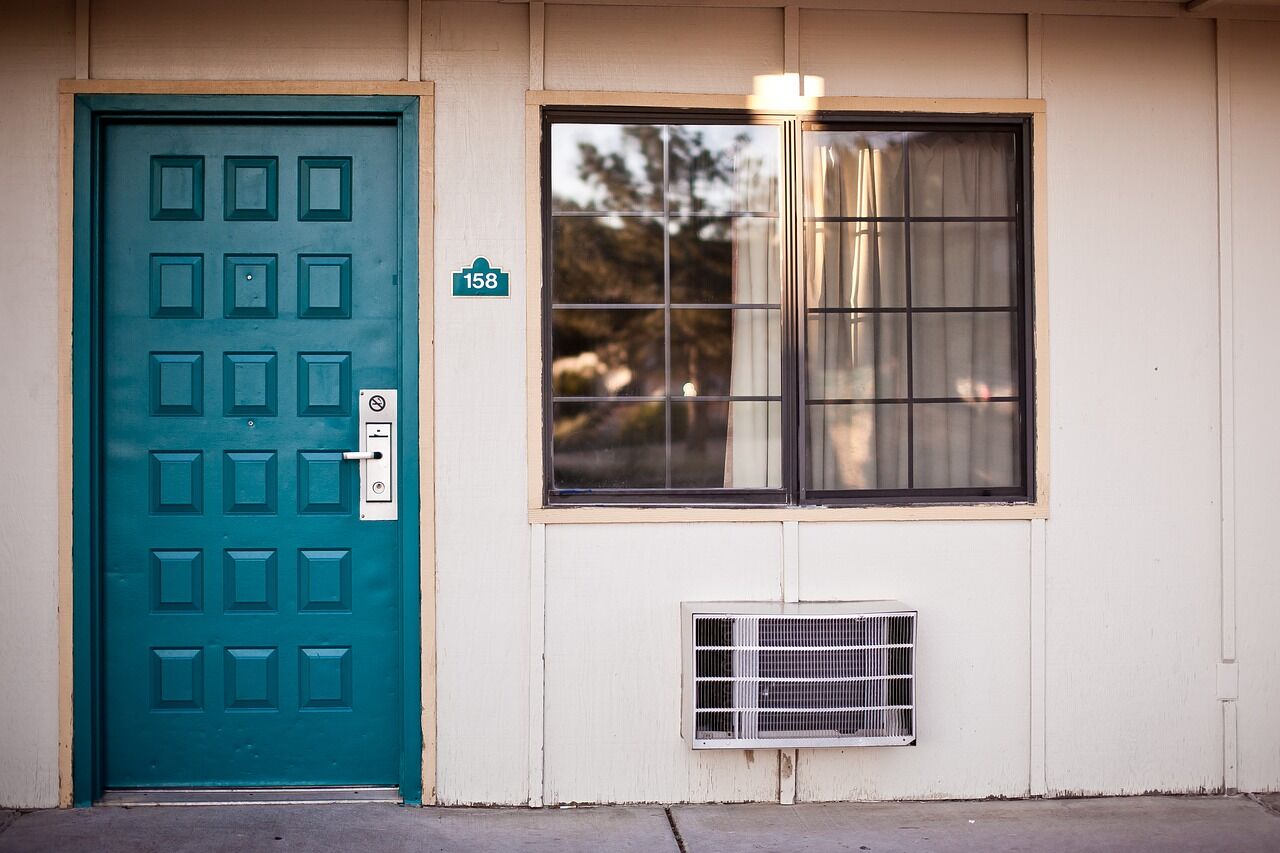
Did you know most HVAC service calls are related to some type of leak? A leak in your heating and cooling system can reduce the efficiency of your system, increase your energy costs, cause premature wear and tear to the HVAC system, and even damage your home.
We’ve compiled here information on three common leaks you should watch for to keep your system in good working order.
1. HVAC System Leaking Water
Do you notice water pooling inside your air conditioner? Do you have water leaking out of the system when it’s turned on? Leaks are common with central AC systems and they may be caused by many problems. If ignored, these leaks can cause serious damage to your home. If you have an air handler above your ceiling, for example, the water can drip and damage the structural integrity of your home.
There are 3 primary reasons for an air conditioner to leak:
- Clogged air filter. Your air filter should be changed every 1-2 months. When the air filter looks dirty, replace it right away. A dirty air filter can make ice buildup on the AC’s evaporator coils. When this ice melts, it will leak water.
- Crack in the overflow pan. You can tell if this is the problem by inspecting your overflow pan for problems with a flashlight. This pan is designed to catch condensation from your air conditioner, but it can develop small cracks and tiny holes, especially along the edges and corners.
- Clogged drain lines. Drain lines divert condensate away from the air conditioner, but these lines are prone to clogging. When this happens, the water backs up and begins to flood the pan. You can use a hand pump or a wet/dry vacuum to suck clogs out of the line. Your drain line should also be cleaned regularly, before you develop clogs, to prevent a build-up of mildew, algae, and sludge.
2. Air Duct Leaks
Not all leaks involve liquids; leaks in your home’s ductwork can cause you to lose heated or conditioned air. Ducts are responsible for transporting cooled and heated air from your HVAC system to other areas of your home. If there’s a hole or gap in the duct work, it allows the air to escape.
Leaky ductwork can result in up to 30% in energy losses. Because the heated or conditioned air is escaping through leaks, your HVAC system has to run longer to reach your thermostat setting.
Leaking ductwork can also cause unnecessary wear and tear on your air conditioner or furnace. When your system runs longer than necessary, it can strain components and accelerate wear. This can lead to more frequent HVAC repairs. Air duct leaks can even reduce your indoor air quality by allowing the ducts to pull in dirt, dust, and other contaminants in the crawl space and attic.
The good news is air duct leaks are easy to address. Sealing your air ducts with metal tape and insulating ducts that can be accessed can dramatically reduce energy loss and save you a significant amount on your heating and cooling costs.
3. Air Conditioner Refrigerant Leaks
Refrigerant is what your AC system uses inside its coils to remove heat from the air. The correct amount of refrigerant is added when an HVAC system is installed and the refrigerant is never used up. As long as the system remains sealed, the refrigerant will stay in the coils.
Older systems are prone to developing refrigerant leaks, however. When your coils develop cracks or hole, the refrigerant can escape. This forces your air conditioner to work harder and become less efficient. You may have a refrigerant leak if your AC is not cooling your home very well even though air flow and the fans seem to be working normally. Over time, this problem will get worse.
Never ignore a refrigerant leak. Along with preventing your AC system from cooling your home, it can also damage your air conditioner. When refrigerant levels get low, your AC will compensate by running longer. This increases pressure in the system and may damage components like the compressor.
The longer your AC runs, the more energy it will use. A 10% drop in your refrigerant level can force your AC system to use up to 20% more energy.
Conclusion
If you’re like many people, you don’t think of your HVAC first when you consider water damage and leaks in your home. It may be time to change your thinking. A leaking HVAC system can end up costing you thousands when it comes to water damage, higher energy costs, and HVAC repairs. Preventive maintenance is the best way to keep these costs at bay.

